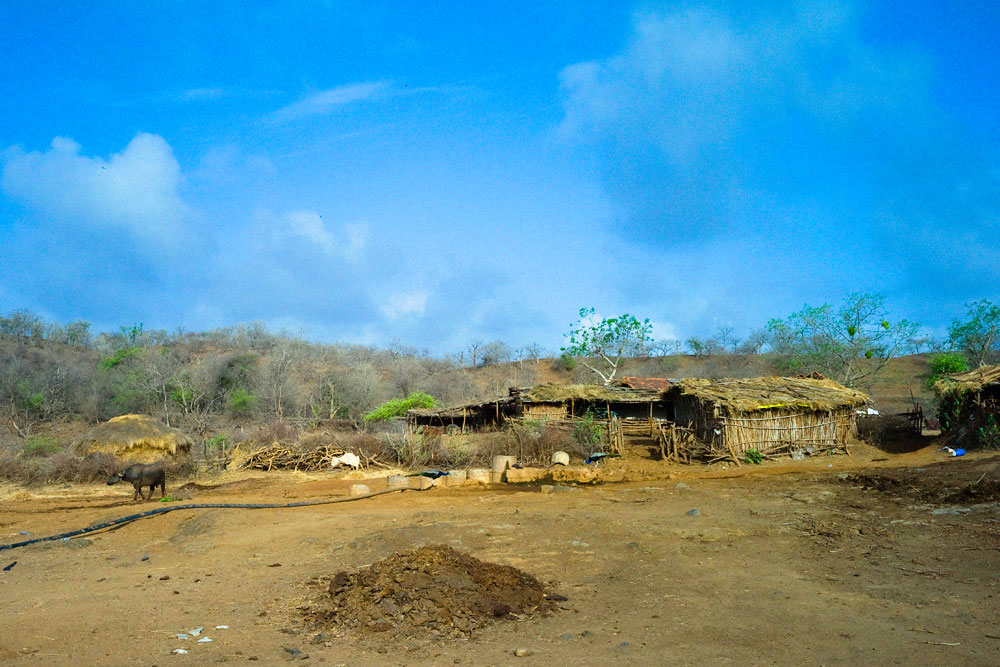This story originally appeared on greenminute.in on July 21, 2019.
On July 24 2019, all state governments have to file a fresh affidavit on the issue of Forest Rights Act (FRA) implementation.
The FRA, 2006 was enacted for correcting a historical injustice as tribals had suffered at the hands of colonial rulers, losing their rights on forest lands. Unfortunately, in the last decade, the implementation of this ‘right’ has turned messier and messier. In fact, it has turned into a ‘land grants act’ with land claims under FRA being made by all and sundry.
In the process, the state governments seem to have forgotten that FRA was enacted not only to protect the rights of tribals but also notify critical wildlife habitats. If 72 lakh hectares of forest lands were granted under FRA, not a single hectare of critical wildlife habitat has been notified anywhere in the country.
Presently, the ball is in the Supreme Court with 17 state governments directed to file fresh affidavits on July 24. The states were asked to review the rejection of 11.91 lakhs claims across the country. The FRA opened the Pandora’s Box in 2008. If tribals laid claims to forest lands, non-tribals and other ineligibles too filed claims. Unfortunately, claims increased and continued to gargantuan proportions. If forest encroachers filed false claims for forest lands even after the cut-off date (13.12.2005), the genuine cases of tribal communities especially in Central India were ignored and buried in an avalanche of fictitious documents, frequent relocations and inability to produce records.
With Supreme Court taking cognizance of the FRA issue, a hard hitting directive was issued – eviction of 11.91 lakh claimants; however, the Court kept this direction ‘on hold’ after the Central Government’s intervention. Further, the court issued directions to all states for filing of fresh affidavits with review of rejected claims.
Till date, some 1.8 million claims have been accepted during 2008-18 and land titles handed over to families living on 72,000 sq km of forest land, an area equivalent to the state of Assam. Since 1.1 million claims have been rejected, they may face eviction if proved encroachers.
Environmental NGOs and activists contend the Supreme Court Order does not affect the genuine claimants. On February 13, the court issued an extremely important order to ensure protection of forests which have been severely affected due to ineligible/bogus claimants under FRA. Such claimants continue to occupy a huge area of forestland, including within national parks and sanctuaries, even though their claims have been rejected after due verification and an appeals process. Rejections were based on due process prescribed under the law with two levels of appeal to ensure natural justice. As per statistics provided by Ministry of Tribal Affairs (MOTA), in September 2018, the Gram Sabhas themselves have rejected 14.77 lakh claims.
One of the petitioners, Praveen Bhargav, Wildlife First, states, “The first and foremost thing the Court did – not order any action against accepted claimants and so the entire lot of people who got titles under FRA was not the subject matter at all. The Court was dealing only with the case of rejected claimants as for the past decade – claims were entertained under various sections with the result, ineligibles pushed through their fictitious claims. All the rejected claims need a thorough review and proper investigation with the filtering of genuine cases.”
FRA was enacted as a onetime corrective measure for the historical injustice to tribals by the British, says Debi Goenka of the Conservation Action Trust. “Neither the governments nor the politicians have realized the serious repercussions and the direct link between our dwindling forests and the water crisis that we are facing today. Further, the absence of a cutoff date has encouraged a whole lot of new encroachments in forests. Tribals traditionally live in a community but unfortunately, individual forest rights have been given priority and community forest rights neglected. Land is limited and if all claims are accepted without proper scrutiny, where will we end up? How much of our forests will be left?”
Biswajit Mohanty, former NBW member and Secretary, Wildlife Society of Odisha says the FRA process was not done properly. “Due to political pressure, people who had occupied the land six months back were given land titles. The FRA is a total mess due to political reasons and vote bank politics. In Ganjam district, people coming from other districts that are non-forested, they have encroached and occupied forest lands. And this is still going on with the help of touts and agents. Unwarranted claims have been settled even in 2016-17. The state government did not take hard decisions with the result, there are very less rejections. In Simlipal, there have been CFR claims and if this is accepted, large numbers of people going into this forest will affect the fragile habitat.”
Activists conclude apart from loss of forests, granting such wide ranging rights in scattered parcels of forest land is causing deleterious impact in the form of habitat fragmentation or breaking up of large forest blocks into smaller pieces. Fragmentation has been scientifically established as the most serious threat to long-term conservation of forests and biodiversity. With many state governments still to do reviews of rejected claims, it remains to be seen if the apex court will give them more time for filing of fresh affidavits.
Forest Rights
- The FRA is a law meant for recognising pre-existing forest rights only. Only those people in actual occupation of forest land as on 13th December 2005 are eligible as per law.
- People belonging to OTFD category, who form the bulk of the claims, have to establish a continuous 75-year occupation for eligibility.


 CI is a non-profit, non-commercial portal that aims to facilitate wildlife and nature conservation by providing reliable information and the tools needed to campaign effectively.
CI is a non-profit, non-commercial portal that aims to facilitate wildlife and nature conservation by providing reliable information and the tools needed to campaign effectively.